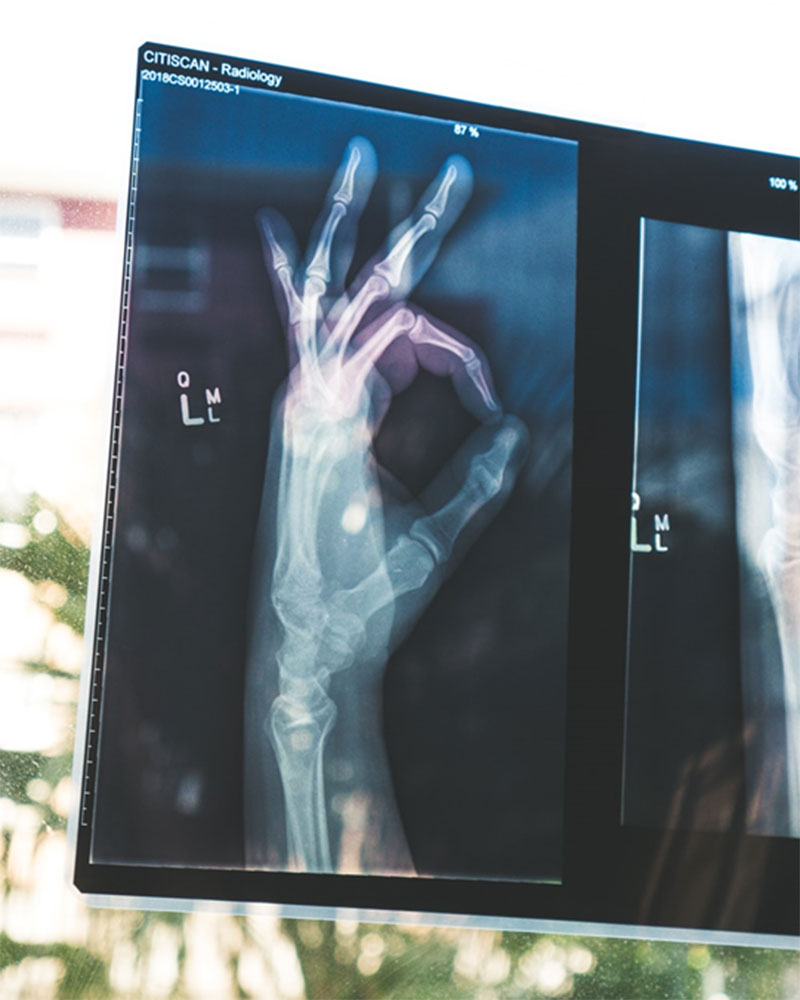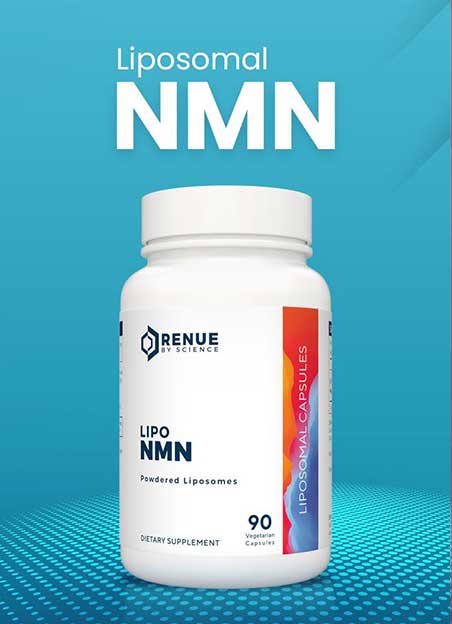Grape Seed Extract (GSE) is a supplement derived from the drying and pulverization of bitter grape seeds. Grape seeds have a range of beneficial products like oligomeric proanthocyanidin complexes (OPCs), flavonoids, anthocyanins, and phenolic acids. grape seed extract is actually the best source of proanthocyanidins.
Since grape seed extract has a high content of antioxidants, it can be helpful in protecting and preventing inflammation, tissue damage, and oxidative stress.
Grape Seed Extract Contains PCC1, a Possible Generation 2 Senolytic
The research into the benefits of grape seed extract is extensive and growing. For example, it has recently been shown that Grape Seed Extract contains a molecule called PCC1, a possible generation 2 senolytic. Senolytics are drugs that can eliminate senescent or “zombie cells”.
At low levels, PCC1 appears to inhibit the formation of SASP factors, which are toxins secreted by senescent cells. At higher concentrations PCC1 selectively kills senescent cells, possibly by enhancing the production of reactive oxygen species (ROS) and mitochondrial dysfunction.
Blood Pressure
One of the most prominent benefits of grape seed extract comes in the form of better regulation of blood pressure. Many studies have explored the benefits of grape seed extract in regulating blood pressure.
A meta-study evaluated 12 articles with a total of 16 clinical trials to examine high blood pressure and its increased risk in 810 participants. It was found that the consumption of 100 to 2000 mg of grape seed extract every day can reduce blood pressure considerably. Systolic blood pressure (upper reading) was reduced by 6.08 mmHg, and diastolic blood pressure was lowered by 2.8 mmHg points.
The greatest improvements were seen in the blood pressure readings of people who had a metabolic disorder or were older than 50.
The study also found that a single dose of 800 mg or more was considerably less effective than several lower doses of 100 to 800 mg every day.
Another six-week study involving 29 patients with high blood pressure also reported considerable improvement in high blood pressure. The participants were given 300 mg of grape seed extract and saw average decreases of 5.6 percent and 4.7 percent in systolic and diastolic blood pressure readings by the end of the study.
Improvements in Blood Pressure
There is evidence that grape seed extract may also help in improving blood flow. Many studies have been done to explore the connection, and the results are encouraging.
One study gave 400 mg of grape seed extract to a total of 17 women for eight weeks. The women in the study were all postmenopausal. The study found out that grape seed extract exhibited blood-thinning effects. Blood thinning can be instrumental in improving blood pressure regulation in postmenopausal women.
Another study assessed the impact of proanthocyanidin taken from grape seed extract in the form of a 400 mg dose in eight young and healthy women. The participants were asked to sit for 6 hours after the dose. The study showed that a single dose helped decrease edema and swelling by around 70 percent compared to those who did not take grape seed extract.
The same study also identified the impact of taking daily consumption of proanthocyanidins on another set of healthy young women. The participants took proanthocyanidins in the form of a 133 mg dose over a total of 14 days. The treatment helped them reduce swelling in their legs by 40 percent after constantly sitting for over 6 hours.
Oxidative Stress
One of the know risks of heart disease is an increased level of LDL cholesterol in the blood. When LDL cholesterol gets oxidated, the risk of heart disease increases even more. It adds to the risk of heart disease by building up fatty plaque through atherosclerosis in arteries.
Several animal studies have shown that high-fat diets resulting in LDL oxidation can be reduced through grape seed extract supplementation.
Human studies have supported these findings and have shown similar patterns.
One such human study noted that a 300 mg dose of grape seed extract after consuming a high-fat meal inhibited the process of fat oxidation. Those participants who did not take grape seed extract showed an increase of 150 percent in the oxidation of fats as compared to those who took grape seed extract.
Another study shows that taking 400 mg of grape seed extract resulted in 13.9 percent of oxidized LDL in 61 healthy adults. However, a replication study of a similar nature did not note any conclusive improvement.
Other than that, a study measured the impact of 400 mg of grape seed extract on patients undergoing heart surgery. A total of 87 participants were given grape seed extract a day before their surgery. The study showed that grape seed extract was able to reduce oxidative stress significantly, thus preventing the patients from further heart damage.
Bone Strength and Collagen Levels
As mentioned before, grape seed extract contains a high content of flavonoids. Having a flavonoids-rich diet can help in bone formation and collagen synthesis. It may also improve your bone strength and density.
Animal studies have shown promising results in this area. Studies indicate that adding grape seed extract to a high-calcium diet or standard low-calcium diet can improve bone strength, mineral content, and bone density.
An autoimmune condition known as rheumatoid arthritis is associated with the destruction of joints and bones and severe inflammation. Many animal studies have shown that grape seed extract may help in suppressing inflammatory autoimmune arthritis and bone destruction.
Grape seed extract has also been noted to limit joint damage, bony spurs, and pain in studies done on osteoarthritic mice. It also reduced cartilage loss and improved collagen levels.
It must be noted here that even though animal studies are promising, there is still a need to conduct extensive human studies.
Aging Brain and Alzheimer’s
Another area of study where the benefits of grape seed extract are promising is brain health. Studies show that a combination of anti-inflammatory and antioxidant flavonoids can help reduce or delay the onset of different degenerative diseases such as Alzheimer’s disease.
Grape seed extract contains a substance called gallic acid. Lab and animal studies have shown that gallic acid can work as an inhibitor for beta-amyloid peptides, preventing them from forming fibrils.
Beta-amyloid clusters in the brain often indicate Alzheimer’s disease.
Other animal studies have shown that grape seed extract helps reduce amyloid clusters and brain lesions, improve antioxidant levels in the brain, prevent memory loss, and improve the brain’s overall cognitive status.
In a study involving 111 participants, all healthy older adults, grape seed extract intake of 150 mg per day improved a number of markers associated with brain and cognition. Over the period of 12 weeks, delay and immediate memory, language, and attention were all improved significantly.
There is still a need to confirm these findings with human studies involving a larger sample size and varying degrees of cognitive and memory defects.
Kidney Function
Kidneys can be highly vulnerable to damage caused by oxidative stress. Sometimes this damage can be irreversible.
Grape seed extract may have the ability to not only improve kidney function but also reduce kidney damage by inhibiting inflammation and oxidative stress. A number of animal studies have proven the inhibiting effects of grape seed extract on oxidative stress and inflammation and its benefits for kidneys.
A human study also showed promising results where the participants were given grape seed extract for six months following a diagnosis of chronic renal failure. A total of 23 participants were given grape seed extract in the form of 2000 mg doses.
By the end of the study, the kidney filtration of those receiving grape seed extract increased significantly as compared to the placebo group. The increase in kidney filtration was recorded at above 9 percent. Their urinary protein also fell by 3 percent.
These results point towards improved kidney function for those receiving grape seed extract.
Other Benefits
Other benefits of grape seed extract are discussed as follows.
• Grape seed extract might be helpful in inhibiting the growth of infections. This includes food-borne infections like E. coli and Campylobacter. Animal studies have also shown promising results for grape seed extract and its role in inhibiting the growth of vaginal candidiasis.
• It might also be beneficial in reducing cancer risks due to its antioxidant activity. A meta-study comprising 41 animal studies found overwhelming support for reducing toxicity arising from cancer.
• Grape seed extract also has beneficial effects in protecting the liver. In a study involving 15 participants with fatty liver disease, grape seed extract intake for three months resulted in a 46 percent reduction in ALT.
• Wound healing is another potential benefit of grape seed extract. A study found that 2 percent grape seed extract cream accelerated wound healing. A total of 35 healthy adults who used that cream after a minor surgery saw their wounds heal in eight days as compared to the fourteen days taken by the placebo group.
Side Effects
Grape seed extract is considered largely safe. It exhibits only a few minor side effects.
People taking blood pressure or blood-thinning medicines should practice caution when taking grape seed extract because it may increase blood flow, thin your blood, and may lower blood pressure.
Studies also show that grape seed extract can improve drug metabolism and liver function. That is why you should always consult your healthcare provider when you take grape seed extract to be sure that your current medication is not impacted by the supplements.
Frequently Asked Questions
Following are the most frequently asked questions about grape seed extract.
- Is it safe to consume grape seed extract?
Human studies have proven grape seed extract to be a safe supplement with only minor side effects that have been discussed above. When taken in moderate amounts, grape seed extract is completely safe for long-term use. According to the National Institute of Health, grape seed extract has been tested for up to 11 months without any major safety issues.
- Can I take grape seed extract while I am pregnant or breastfeeding?
There are no studies evaluating the impact of grape seed extract on pregnancy or breastfeeding. In the absence of safety and efficacy studies, it is better to err on the side of caution and not take the supplement when you are pregnant. Breastfeeding mothers should also avoid grape seed extract supplementation because it may put the baby at risk.
- How much grape seed extract should I take?
The correct dosage of grape seed extract depends upon whether you are taking these supplements, but it has been deemed safe for up to 800 mg per day. Higher doses may not be recommended due to a lack of extensive research.









 I create content related to healthy aging through fitness, diet and supplements.
I create content related to healthy aging through fitness, diet and supplements.

